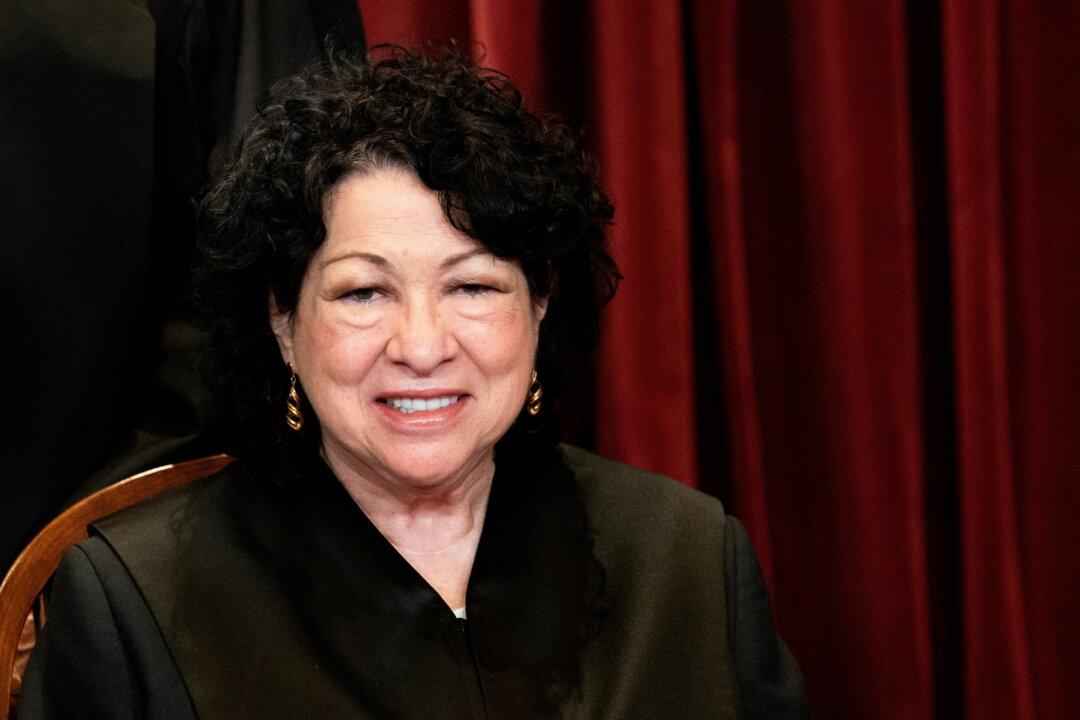The Supreme Court took the unusual step on Dec. 20 of granting bail on an emergency basis to a multimillionaire pharmaceutical executive previously convicted of manslaughter in the death of her young son.
In 2014, Gigi Jordan was convicted of administering a fatal dose of drugs to Jude Mirra, her 8-year-old autistic child, in 2010 and was given an 18-year custodial sentence in 2015. Her defense characterized what happened as a mercy killing. Jordan is currently at liberty, subject to a secured bond and court-imposed curfew.





